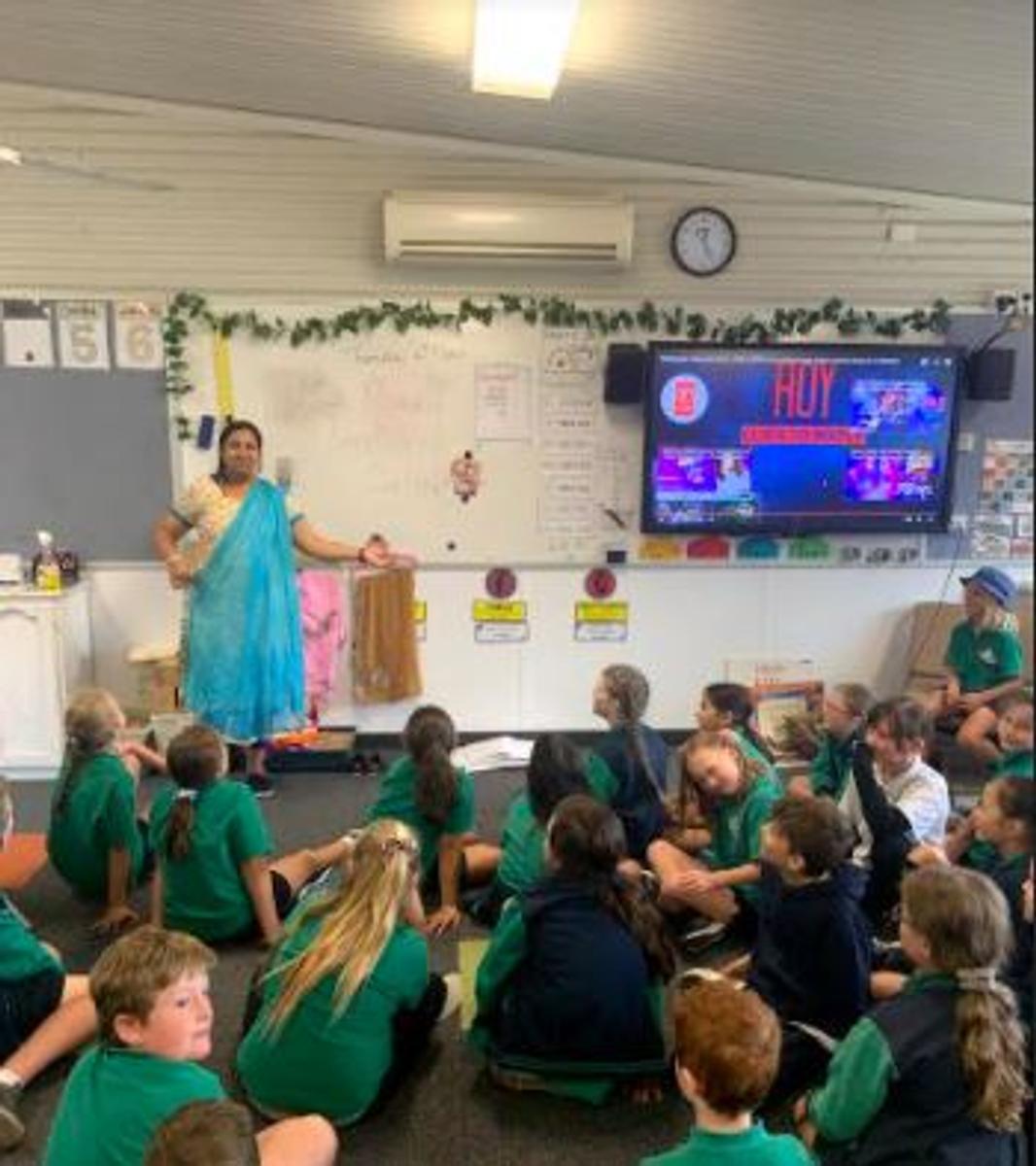Respectful
Relationships News

Respectful
Relationships News
Introduction
This resource aims to provide simple and quick activities that you can do in your home to practice and reflect on social, emotional and relationships skills.
It will help to extend and reinforce the competencies students are learning as part of the Resilience, Rights, and Respectful Relationships program.
What is social and emotional learning?
Apart from teaching academic skills, schools also focus on building students’ resilience, wellbeing and positive social attitudes. Social and emotional learning teaches students how to manage emotions, set and achieve positive goals, show empathy for others, maintain positive relationships and make responsible decisions.
Students with well-developed social and emotional skills have a high level of self-worth and know how they can use their strengths to achieve their goals. They can evaluate choices and make responsible decisions. On a social level, they can play and solve problems collaboratively. They are able to form healthy relationships and can relate to others in a caring and respectful way.
How can families support students’ social and emotional learning?
Social and emotional learning starts at home. Parents and families help to develop their children’s personal and social skills, attitudes and behaviours in different ways:
Activity 1: With a family member, take turns at drawing a portrait of each other. Around the portrait write all the things you think each other is good at.
Please wear either cultural dress or ORANGE to celebrate this Friday 190321.
4B were lucky enough to have Ms Rani talk to them about her rich culture and some of our Authors and reporters have given us their insights into the session. Many thanks to Ms Rani for sharing with us.





